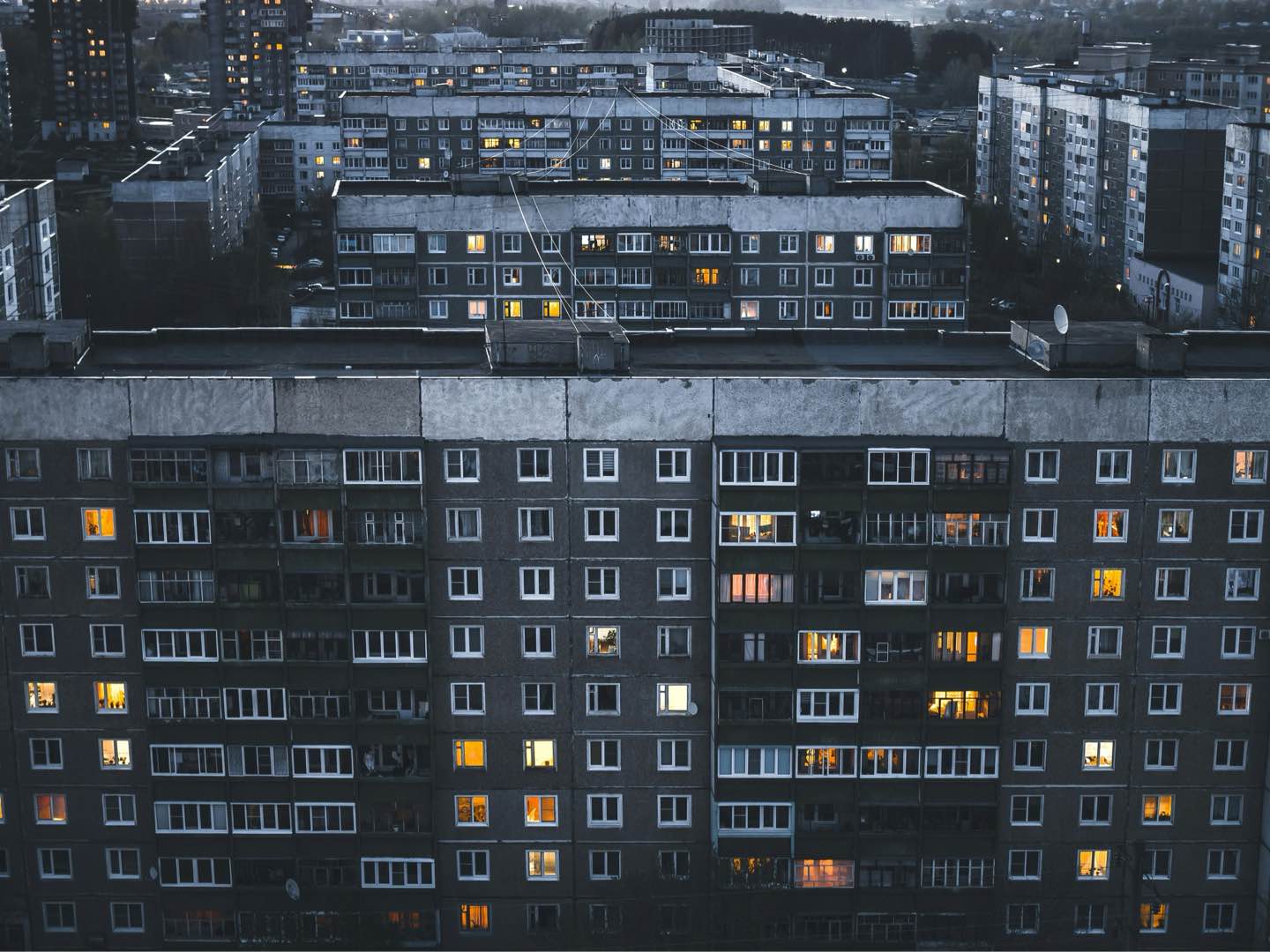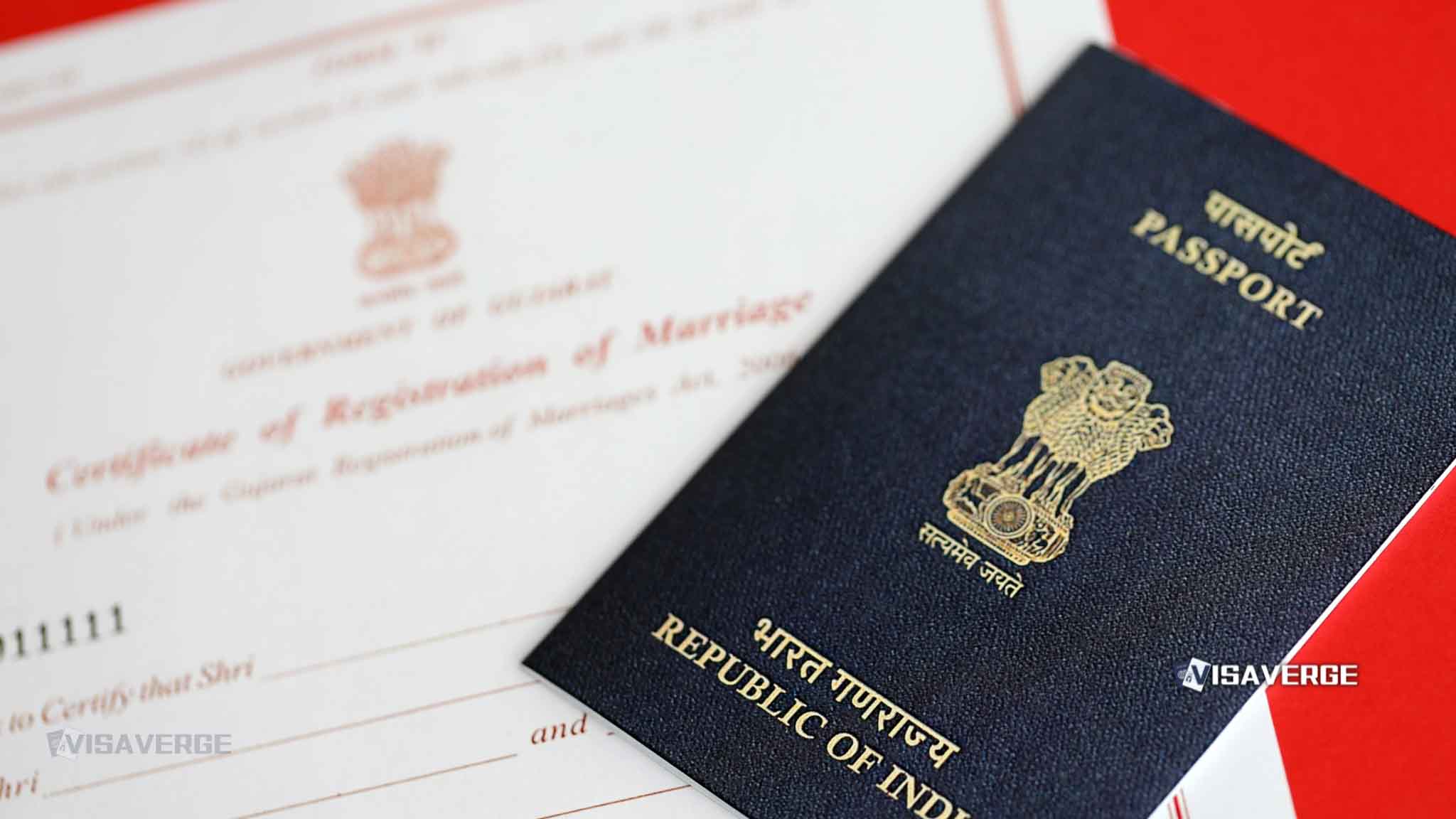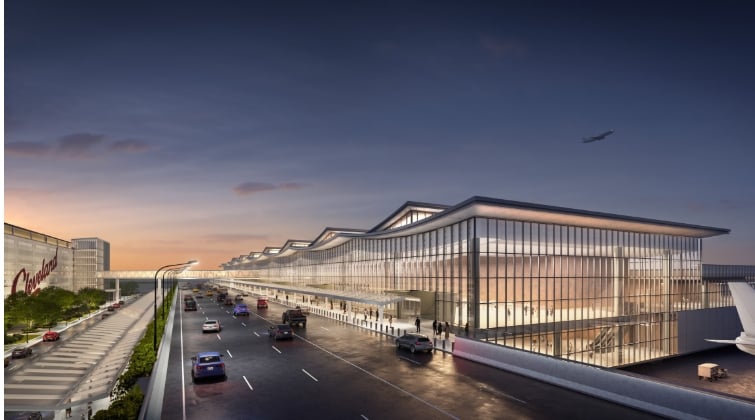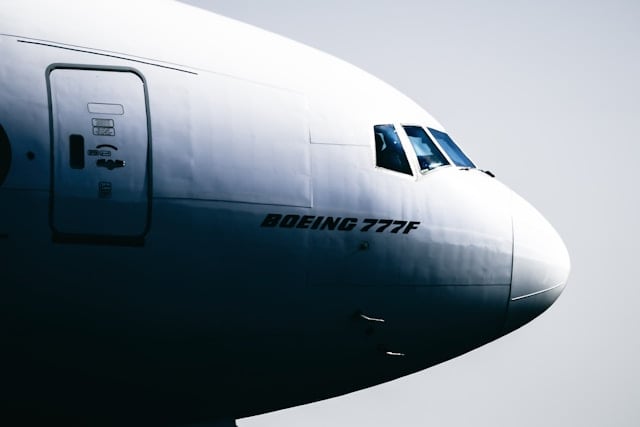How Will Recent Events Affect Immigration Policies in Russia?
The tragic aftermath of the Moscow attack, which resulted in over 140 people dead and more than a hundred injured, has prompted the Kremlin to consider a tougher stance on immigration. Authorities discovered that several of the attackers had expired immigration papers, a revelation that has fueled the push for more stringent immigration controls. Bloomberg recently reported on these developments, highlighting the potential shifts in policy that might be on the horizon.

What Changes Are Being Proposed?
In response to the attack, Russian lawmakers are now advocating for migrants to register a digital profile, complete with biometric data, to be eligible for work within the country. Additionally, there has been a noticeable increase in deportation activities, particularly in St. Petersburg, where courts have ordered 466 migrants to leave Russia since the incident, according to Meduza, an independent Russian media outlet.
What Impact Could This Have on Russia’s Labor Market?
While these measures might seem like a direct solution to bolster security, they could exacerbate the existing labor shortage in Russia. By the end of 2023, Russia’s workforce was estimated to be short nearly 5 million people, as per reports by Izvestia, a Russian newspaper. This shortage could spell trouble for an economy already under strain.
Since the onset of the conflict with Ukraine, which prompted nearly a million Russians to leave the country in 2022, Russia has increasingly relied on migrant workers. Bloomberg Economics estimates that there are between 3.5 million to 5 million migrant workers in Russia, though official statistics only acknowledge 1.7 million. The potential tightening of immigration could further deepen the labor gap, with dire economic consequences.
Are There Broader Economic Implications?
Indeed, the labor shortage threatens not just immediate economic stability but the long-term growth prospects of Russia’s economy. Economists warn that losing an additional 300,000 workers could reduce the nation’s GDP by 0.2% over the next year. This contraction could exacerbate inflation and necessitate higher interest rates for an extended period.
The mosaic of issues stemming from the Moscow attack and subsequent immigration crackdown sheds light on the intricate balance between national security and economic health. As Russia grapples with the repercussions of its actions, particularly its invasion of Ukraine, the road ahead appears fraught with challenges. European researchers have already sounded alarm bells, forecasting a sluggish growth trajectory for Moscow in 2024.
What Does This Mean for the Future?
The fallout from the Moscow attack, coupled with an imminent immigration crackdown, underscores a looming crisis for Russia, one that transcends immediate security concerns to touch on the very fabric of the nation’s economic future. As Russia navigates these turbulent waters, the decisions it makes today could define its global standing for years to come.
For those seeking more detailed information on immigration policies in Russia, this official website offers authoritative resources and updates.
Conclusion
As Russia tightens its immigration policies in reaction to the Moscow attack, the move is expected to exacerbate the country’s labor shortage, with potentially far-reaching implications for its economy. Balancing the needs for security and economic growth will be pivotal in the coming months, as the country faces the complex fallout from its geopolitical actions and internal policy shifts.
This Article In A Nutshell:
In response to the Moscow attack, Russia is contemplating stricter immigration rules. This might worsen the existing labor deficit, affecting economic stability. The country’s GDP could decline, leading to inflation and higher interest rates. Balancing security and economic growth will be crucial as Russia navigates the aftermath of the attack.
— By VisaVerge.com













